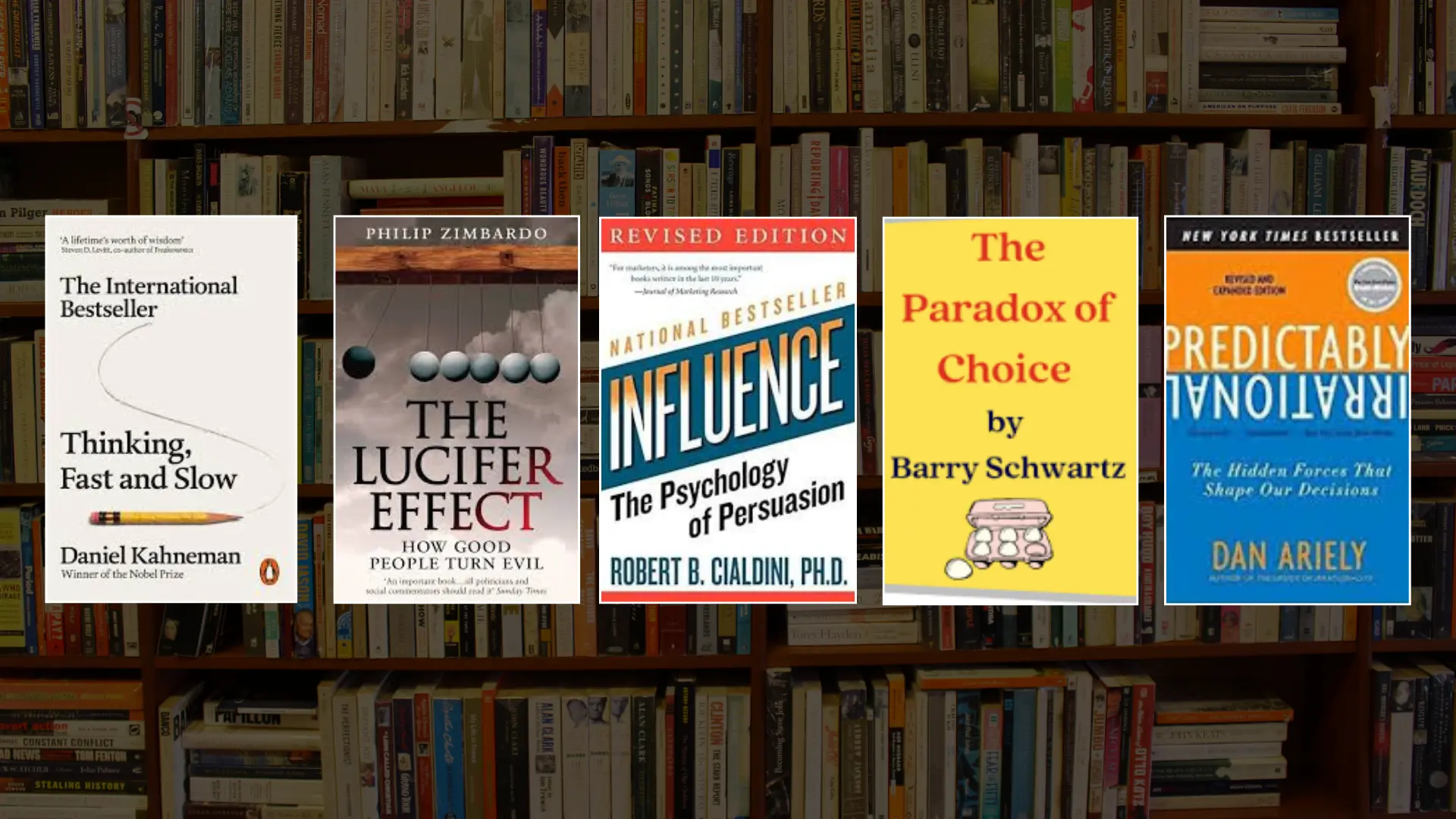Value investing in the modern era: How technology is enhancing traditional strategies
Technology is not only modernizing value investing but also empowering value investors with innovative strategies for success in today’s dynamic financial landscape.
Value investing, a strategy popularized by Warren Buffett, also known as the "Oracle of Omaha," has undergone significant transformation due to technological advancements. This evolution reflects a shift from traditional methods reliant on manual analysis, to modern approaches leveraging artificial intelligence (AI), big data, and advanced analytics.
Knowledge available to only a few
Gone are the days when large corporations only could plan to set up an investment business with a hefty sum to spend on human resources for doing manual analysis—something that is readily and more accurately available today thanks to artificial intelligence cloud computing at low or almost zero cost. Large institutions could afford to manage an office space for keeping physical libraries and hire a full-time librarian to maintain company-wise articles and annual reports. The same is now available at the click of the button through AI-enabled screens and various other AI tools.
Earlier, waiting for data to arrive took time, and then even the computation, for instance, of gross margins and RoCE was an achievement and available only to a select few. Today, even if one has these computations, it would be already discounted by the market, and the same may not be enough, as one needs skills beyond just knowledge.
Tectonic technological advancements
The rise of big data and advanced analytics has made extensive financial information readily available. Investors can now analyze company performance, industry trends, and economic indicators more efficiently than ever before. The introduction of blockchain has enhanced the transparency and reliability of financial data, democratizing access to information and reducing costs associated with value investing. Investment platforms now offer sophisticated tools and screening capabilities that were once exclusive to institutional investors. This democratization enables a wider range of participants to engage in value investing.
Advanced analytics have shifted from manual data analysis to using big data, predictive analytics, and machine learning. These technologies allow for rapid processing of large datasets, uncovering hidden investment opportunities. AI enhances data interpretation and trend prediction, providing deeper insights into stock performance by analyzing historical data to forecast market movements accurately. Through mobile and cloud technologies, one has real-time access to market data and trading capabilities, allowing swift responses to market changes from anywhere.
This technological transformation has also reduced the barriers to entry for individuals looking to participate in value investing. With capabilities that are comparable to those of institutional players, retail investors may now make well-informed decisions using the same amount of data and analysis. Furthermore, it is now simpler for people to learn how to analyse complicated financial data thanks to online learning platforms and tools.

Impact on investment strategies
As value investing has moved towards technology, many startups and boutique organisations have emerged that use computers to trade at speeds that are impossible for human investors to match. Although this improves market efficiency, conventional value investors face difficulties because mispricing is addressed more quickly. As a result, producing alpha in investment returns requires the capacity to efficiently comprehend enormous volumes of data.
Additionally, this rapid correction of market inefficiencies requires investors to stay ahead of technological trends. Those who fail to adapt may find it increasingly difficult to identify undervalued stocks before their prices reflect true market value. As such, continuous learning and staying updated on technological advancements have become critical for maintaining a competitive edge in the value investing space.
The future landscape
Overall, technology is not only modernizing value investing but also empowering value investors with innovative strategies for success in today’s dynamic financial landscape. What is critical today is not the availability of data and its computation, but the way value investors and professionals interpret the information available and the conviction on one’s thoughts to create an alpha.
The importance of human intuition and creativity in value investing is probably going to increase as artificial intelligence develops. Much of the data analysis may be done by machines, but it will always need human talent to integrate findings with a sophisticated grasp of market psychology. The next stage of value investing, when success hinges on both technology proficiency and human brilliance, will be defined by this fusion of art and science.
Over a period of time, maybe, as we step directionally towards singularity in Artificial Intelligence, value investing as a skill will have an increasing share of art than science.
(Prashasta Seth is the CEO of Prudent Investment Managers LLP.)
Edited by Jyoti Narayan







